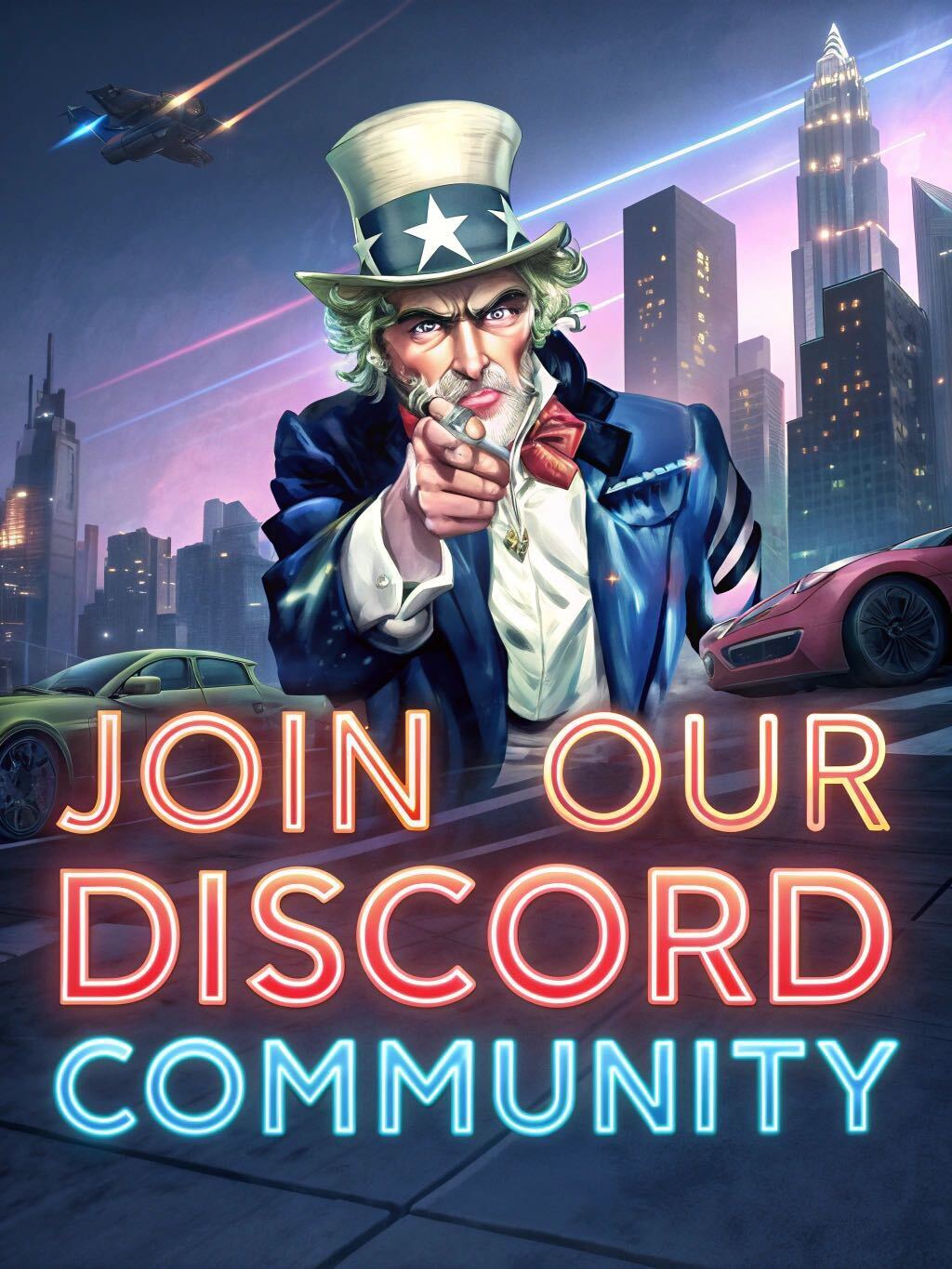Contrary to popular belief, Monopoly was not born as a celebration of capitalism.
In 1903, Lizzie Magie launched The Landlord’s Game as a way to educate and in-turn expose the dangers of income inequality and unchecked monopolies. In 1935, Charles Darrow sold a slightly modified version of the game to Parker Brothers, which eventually evolved into the Monopoly we know today that is published globally by Hasbro.
With over 275 million copies sold globally across more than 100 countries and translated into over 45 languages with over 200 licensed and localised editions, Monopoly is not only the most popular board game released in the last 100 years, but it’s also one of the most frequently modified, with more variations than Barbie has outfits.
In the context of board games – what is the difference between a mod and variant …?
Modifications are made by the community, whereas variants are made by the designers or licensees of the original game. You could consider the longest game ever released in 2019 as a variant of the ultimate monopoly modification that was released in 2014.
Monopoly mods unlock a world of endless possibilities, from subtle adjustments to complete transformations, re-imagining the familiar game with something fresh. We believe Monopoly is the ultimate canvas for experimentation. Its mass production and components make it ideal for modding at home, in schools, social clubs, or even corporate gatherings.
- Custom Cards – add new events to existing decks or replace the decks entirely
- Alternative Boards – create new and more intricate boards with alternative layouts
- Modular Boards – create boards that can be interconnected to other boards
- New Structures – introduce new types of buildings with new consequences
- Variant Rules – subtle tweaks and event-driven twists can bring new life
From Arsenal Football Club and bass fishing to cereals and David Bowie. Electronic banking and Five Nights at Freddy’s to Game of Thrones and Home Improvements. Even ice cream, juicy couture, Kingdom Hearts and the Little Pet Shop get their own official editions. Metallica, the Nightmare Before Christmas, One Piece and Peanuts get one too. With Roblox, socialism, Top Gun, US stamps, vintage books and Warhammer 40,000 rounding out examples from the alphabet. Hasbro has released a lot of variations over the years, but the majority of those changes have been little more than cosmetic. Switching names only.
The 75th edition – revolution – brought with it a circular board, but beyond that the boards have remained the same, with the Monopoly City editions making the most fundamental alterations. It introduced new structures such as industrial buildings, skyscrapers and other utilities from schools and stadiums to wind farms, parks and prisons (to name a few). There’s also the variant Monopoly Go!, a deck-building variant available in both physical and digital versions.
However, of all the variations, modifications and modified variants that exist for Monopoly, the Stock Markets expansion is most certainly the most interesting. Not only for the level of excitement and drastic change to game-play that it introduced, but also because it was the first ever expansion that was released back in 1939. Since lost to time, but reborn in several ways.
Monopoly remains an ideal canvas for experimentation.
When we took on the challenge of modifying Monopoly, our main objective was to transform the game into a Euro-style with victory points and objectives that change each game. We did this by turning chance cards into events and community chest cards into resources. A few variant rules later and we had the first draft of Econopoly completed.


